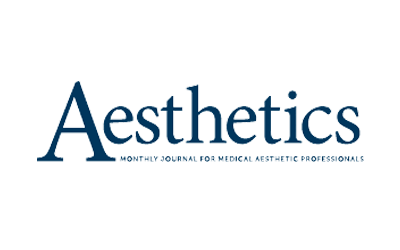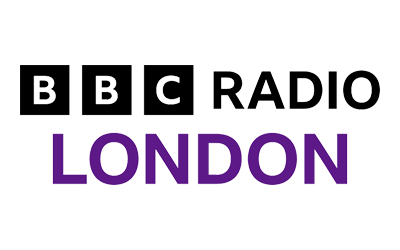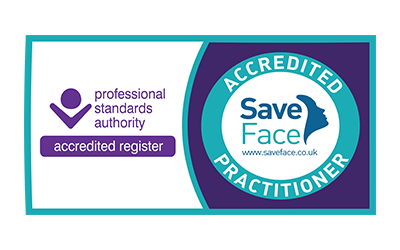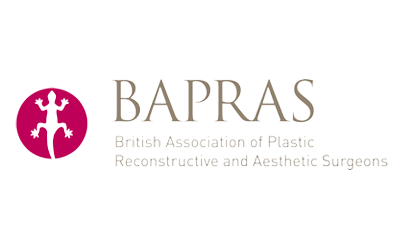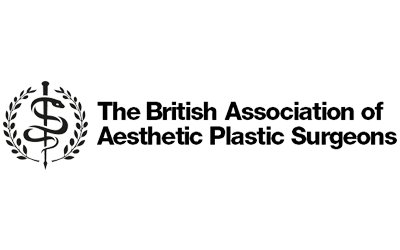Cosmetic surgery is one of the biggest life choices you make and concerns about the recovery process can be a critical factor in making that decision. Although the post-surgery timeframe and experience will vary from patient to patient and is often procedure dependent, there are certain steps you can take to boost your recovery.
Quit smoking
Tomorrow marks national No Smoking Day in the UK where smokers are urged to go smoke-free for their physical, emotional, and financial health. Quitting smoking before and after cosmetic surgery is one of the most important steps you can take to support your recovery.
Nicotine is a vasoconstrictor which means it narrows the blood vessels. This decreases the flow of blood and oxygen that happens immediately after surgery and hinders proper healing which ultimately may affect your results. In extreme cases, it can even cause skin necrosis.
As well as poor wound healing, smoking can also mean increased risks from a general anaesthetic, greater pain, more chance of a post-surgery infection, thicker scarring, and increased risk of blood clots and cardiac problems.
And it’s not just cigarettes. E-cigarettes, vapes, chews or patches all contain nicotine and have the same effect.
Hydrate and eat healthily
This may seem self-evident, but do not underestimate the importance of a healthy and varied diet and drinking plenty of water. Choose plant-based sources of vitamins C, A and E which are all powerful antioxidants and essential for optimised skin and tissue healing. Look for foods with anti-inflammatory properties to help reduce and control inflammation.
Avoid eating processed foods that are high in sugar or salt as these can actively hinder your recovery. We also recommend avoiding or limiting caffeine and alcohol consumption.
Keep moving
Rest and recuperation is important in the immediate period after your operation, but we also encourage patients to become active as soon as possible as gentle movement is essential for promoting healthy circulation, reducing swelling, and speeding up your recovery.
Do not overexert yourself
While it’s important to keep moving, it’s essential you listen to your body and avoid straining the incision area. The first phase of scar healing lasts approximately two weeks and is known as proliferation. Cells multiply and form the main components of the dermis, such as collagen and elastin fibres, before remodelling of the deeper structures begins in stage two. This stage gives the wound its tensile strength. However, in those first two weeks, the scar is at its weakest and it’s critical that undue pressure is not placed on your wound.
We advise wearing specially designed post-surgical compression garments which support your incisions and aid in the healing process.
Rely on your surgeon’s advice
At Karidis Clinic, we are as invested as you are in ensuring as smooth and speedy a recovery process as possible. We provide comprehensive aftercare instructions and are on hand to give advice whenever needed.
Call us on 0207 432 8727 and speak to one of the team.


